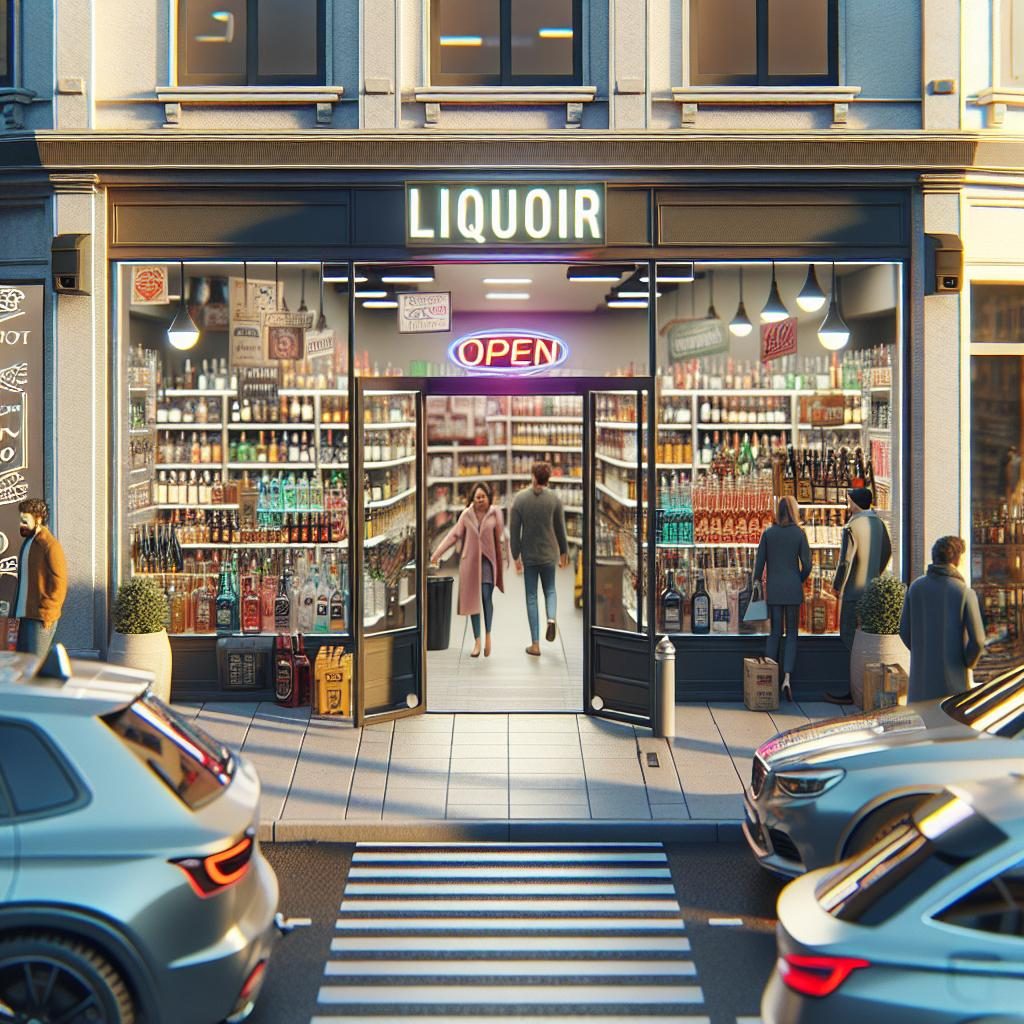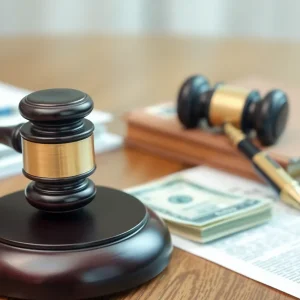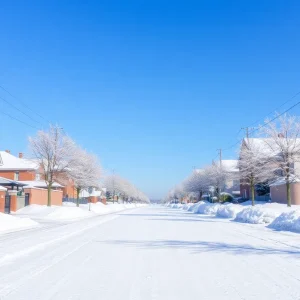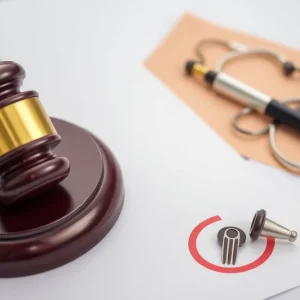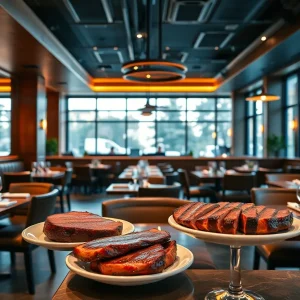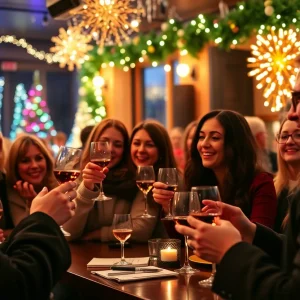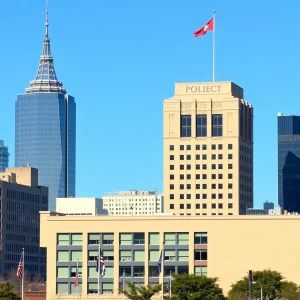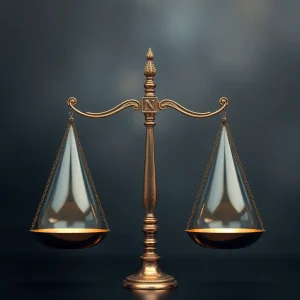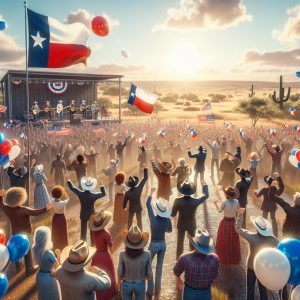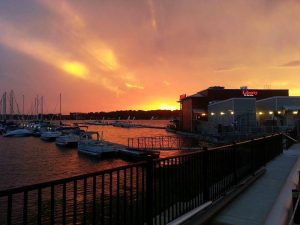South Carolina Bill Proposes Alteration to Sunday Liquor Sales
On Wednesday, a noteworthy bill was discussed in the State House that may revolutionize the liquor retail system in South Carolina. Currently, South Carolina is one among only four US states where it is unlawful for retailers to peddle liquor on Sundays. As per existing laws, restaurants and bars alone are permitted to sell hard alcohol by the drink. But this scenario may change soon if the proposed Bill H. 4231 becomes law.
Scope and Implication of Bill H. 4231
The bill, if passed, would allow the good folks of South Carolina to cast their votes on whether they would like to see liquor stores operating on Sundays. Furthermore, it would grant the state’s 33 micro-distilleries the privilege to sell bottles of their own specialty spirits.
“We could be open on Sundays, based on some legislation that passed two years ago to just sell cocktails. But bottle sales, direct to customer, are a significant part of our business too, and that’s the reason why we are currently not open on Sundays,” explained Kevin Osborn, the co-proprietor of Twelve 33 Distillery in Little River.
Repercussions on Local Economy and State Revenue
Osborn suggested that current “dry Sunday” laws hinder the earning potential of local distilleries and farmers, who supply the ingredients for the spirits. The South Carolina Distillers Guild estimated that allowing Sunday liquor sales could generate $2 million in annual sales tax revenue. “The additional revenue it could bring in from the state is a huge win, and from a tourism standpoint, it’s a win for the customers that come into our distillery,” added Osborn.
Sunday Operations of Liquor Stores and Micro-Distilleries
Provided the law passes, it would empower South Carolinians to decide via a vote if liquor stores can maintain operation on Sundays from 1 p.m. until 5 p.m., according to convenience. However, micro-distilleries would be allowed to commence sales instantly.
“There’s a carve-out specifically in the bill for the micro-distilleries that would allow us to remain open and sell bottles on Sunday from 1 p.m. to 5 p.m. immediately, even before it goes to vote,” elucidated Osborn.
This legislation, if passed, could effectively make Twelve 33 the only vendor from Wilmington to Charleston who could offer bottles of liquor on Sundays.
Countering Opposition
Despite these advantages, Osborn acknowledges that not all stakeholders are supportive. Some liquor stores are opposed to Sunday operations, and others hold the viewpoint that liquor poses a greater danger than beer and wine.
Osborn hopes to break the prejudice by pointing out that no other manufacturer is barred from selling their produce on a specific day of the week. He believes that this rule will allow distilleries to “capture that revenue that we normally wouldn’t have”.
After passing out of committee, the bill was brought up in the House on Wednesday. Osborn is positively hopeful and plans to head to Columbia in a few weeks to lobby for it. It is notable that the other three states where it is illegal for retailers to sell liquor on Sunday are North Carolina, Texas, and Utah.



